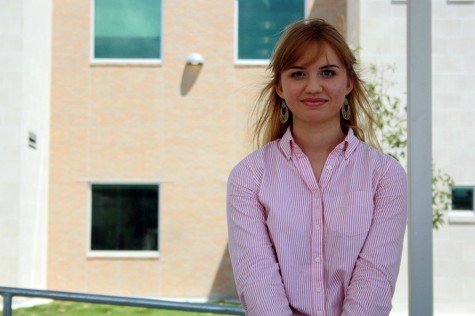3-parent-babies lawful in UK
Historic decision allows creation of babies from 3 people
The seat on UK parliament lies along the Thames River.
February 17, 2015
In the first move of its kind, the United Kingdom Commons has voted to introduce laws that allow the creation of babies with DNA from three different parents.
With a 382-128 vote, a technique that stops genetic disease from being passed from mother to child will now have the backing of the United Kingdom. Debaters called this technique a “light at the end of the tunnel” for families with genetic diseases.
However, a further vote is required by the House of Lords before any procedures can be done. If the vote is passed, the first baby could be born next year.
The technique, dubbed embryo repair or pronuclear transfer, uses a modified version of In Vitro Fertilization (IVF) to combine the DNA of the two parents with the healthy mitochondria of a donor woman. It results in babies with 0.1% of their DNA from the second woman and is a permanent change that would be passed down through the generations, according to BBC World News.
Those in support of the procedure call the backing from the Commons “good news for progressive medicine.” Those in opposition argue the procedure raises safety and ethical concerns.
If the procedure becomes law, it is estimated 150 three-person babies could be born each year.
BBC News reported that Prime Minister David Cameron said: “We’re not playing god here, we’re just making sure that two parents who want a healthy baby can have one.”
In pronuclear transfer, the mother’s egg and the donor’s egg are both fertilized as part of IVF to create a pair of embryos. The DNA from mum and dad form two balls of genetic information in the embryo called pronuclei, which will fuse to create the genetic blueprint for a child. These are transferred to the donor embryo, which is packed with healthy mitochondria and has its pronuclei removed, according to Professor Doug Turnbull, head of the center that has pioneered this research.
“It was the stories of the patients the whole team saw over the years that made us go ‘Look, we’ve got to do better’,” Turnbull said. “We have very limited treatments, so the most important thing for those families is to have children that are unaffected.”








